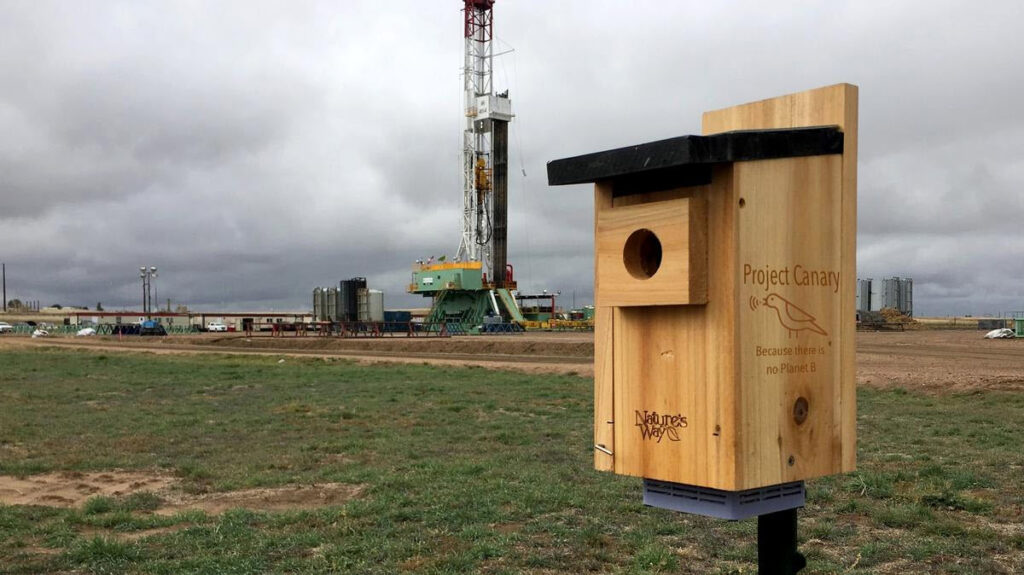(The Center Square) – Chesapeake Energy said this week that it has installed continuous emission monitors at select well pads in northeast Pennsylvania in response to investor demands for more responsibly sourced natural gas.
Through a partnership with Project Canary, the state’s third-largest gas producer will use the technology to monitor sites in both the Marcellus and Haynesville shales in Pennsylvania and Louisiana, respectively. This comes as the federal Environmental Protection Agency considers rules targeting methane emissions from the oil and gas industry.
“With our innovative technology and independent certification process, Project Canary aims to meet the market demand for sustainably developed resources and real-time emissions monitoring,” said Project Canary co-founder and CEO Chris Romer. “Chesapeake is an industry pioneer and top producer, and we’re proud to help them reach the highest environmental standards.”
A report from the International Energy Agency published in January describes methane as the second largest contributor to climate change behind carbon. In its 2021 Methane Tracker, the agency says “proactive” regulations remain “crucial” for the oil and gas sector “in limiting, in all ways possible, the environmental impact of their supply.”
That same month, the president signed an executive order that directs the EPA to craft a rule addressing existing methane producers. The directive could reverse the Trump administration’s decision to roll back Obama-era mandates, enacted in 2016, that require oil and gas companies to monitor and control methane leaks at their sites.
Isaac Brown, executive director at the Center for Methane Emissions Solutions, told The Center Square that the industry, in general, supports a return to the 2016 rules.
In August, companies like Shell, BP and Exelon told NPR that despite a purported $19 million saved in compliance costs, the “negative impacts of leaks and fugitive emissions have been widely acknowledged for years.”
Natural gas carrying the label of “responsibly sourced” also fetches a premium in the market, industry sources say. And continuing investor focus on ESG principles has spawned other Project Canary partnerships with the Pittsburgh-based EQT and smaller companies nationwide including Bayswater, UP Energy and Crestone Peak Resources.
“Leading a responsible energy future is foundational to Chesapeake’s success,” said Chesapeake’s Chief Executive Officer Doug Lawler. “Through this two-basin partnership, we will be able to further demonstrate our commitment to generating shareholder value and ESG excellence. We are excited to work with Project Canary as we continue to expand our sustainability efforts and deliver top operating performance.”
Chesapeake emerged from Chapter 11 bankruptcy in February, the latest development in the company’s tumultuous history in Pennsylvania. Last month, the EPA and the U.S. Department of Justice proposed a $1.9 million fine against the company for water contamination at 76 of its natural gas drilling sites across Beaver, Bradford, Sullivan, Susquehanna and Wyoming counties.
Chesapeake said it first alerted regulatory agencies about the issue in 2014 and, as part of the agreement reached, the company will repair the damage to surrounding wetlands.

